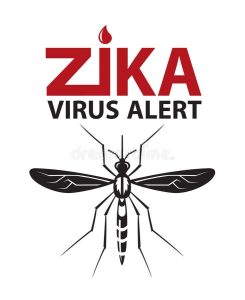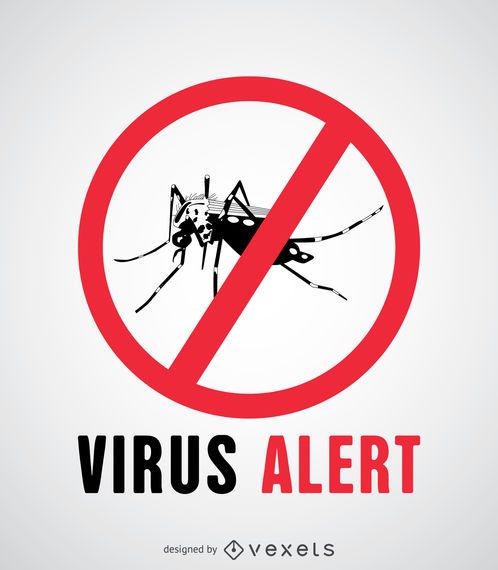Zika Virus Unveiled: Origins, Impact, and Future Challenges
Introduction
The Zika virus, a member of the Flaviviridae family, has emerged as a significant global health concern in recent years. First identified in monkeys in Uganda’s Zika Forest in 1947, the virus remained relatively obscure until outbreaks occurred in the Pacific Islands and the Americas in the 2010s. This article explores the origins, impact, and future challenges posed by the Zika virus.
The Origins of the Zika Virus
Discovery and Early History
The Zika virus was discovered in 1947 when scientists isolated it from a rhesus monkey in the Zika Forest of Uganda. The first human cases were reported in Nigeria in 1954, but for decades, the virus caused only sporadic human infections in Africa and Asia, typically resulting in mild illness.
Emergence in the Pacific and the Americas
The Zika virus began to attract significant attention in 2007 when a major outbreak occurred on the island of Yap in the Federated States of Micronesia. This was followed by larger outbreaks in French Polynesia in 2013 and Brazil in 2015. The latter outbreak was particularly concerning due to its association with severe birth defects and neurological disorders.
The Zika Virus Unveiled: Origins, Impact, and Future Challenges
Health Implications
While the Zika virus often causes mild symptoms such as fever, rash, joint pain, and conjunctivitis, its potential for severe outcomes cannot be understated. The 2015-2016 outbreak in Brazil revealed a link between Zika virus infection in pregnant women and microcephaly in their newborns, a condition characterized by abnormal brain development. Additionally, Zika has been associated with Guillain-Barré syndrome, a rare neurological disorder that can lead to paralysis.
Socioeconomic Consequences
The Zika virus outbreaks have had significant socioeconomic impacts, particularly in affected regions. Health systems have been strained by the need to manage large numbers of cases and conduct extensive public health campaigns. Tourism and travel have also been adversely affected, with many countries issuing travel advisories and pregnant women being particularly cautioned against traveling to affected areas.
Global Response and Control Measures
Public Health Initiatives
In response to the Zika outbreaks, international health organizations and governments have implemented various control measures. These include mosquito control programs aimed at reducing the population of Aedes mosquitoes, the primary vector for Zika virus transmission. Public health campaigns have focused on educating communities about preventive measures, such as using insect repellent, wearing long-sleeved clothing, and eliminating standing water where mosquitoes breed.
Research and Vaccine Development
The scientific community has mobilized to understand the Zika virus better and develop effective vaccines and treatments. Several vaccine candidates are currently in various stages of clinical trials. Researchers are also investigating antiviral therapies and improved diagnostic tools to enhance the detection and management of Zika virus infections.
Future Challenges
Ongoing Surveillance and Preparedness
One of the primary challenges in managing the Zika virus is maintaining ongoing surveillance and preparedness. As the virus can re-emerge in regions where it has previously circulated or spread to new areas, continuous monitoring is essential. Strengthening health systems and ensuring rapid response capabilities are crucial components of preparedness.
Addressing Knowledge Gaps
Despite significant progress, there remain many unanswered questions about the Zika virus. Further research is needed to fully understand the virus’s transmission dynamics, the mechanisms underlying its association with birth defects and neurological disorders, and the long-term health effects of infection.
Climate Change and Mosquito-Borne Diseases
Climate change poses a significant challenge in controlling mosquito-borne diseases like Zika. Rising temperatures and changing precipitation patterns can expand the habitat range of Aedes mosquitoes, potentially leading to increased transmission of the Zika virus and other arboviruses. Integrating climate considerations into public health strategies will be essential for future prevention and control efforts.
Conclusion
The Zika virus has evolved from an obscure pathogen to a major public health concern with far-reaching implications. Understanding its origins, assessing its impact, and addressing future challenges are crucial steps in mitigating the risks posed by this virus. Continued research, surveillance, and public health initiatives will be vital in controlling the spread of Zika and protecting vulnerable populations worldwide. As we move forward, a collaborative global effort will be key to unveiling the mysteries of the Zika virus and ensuring a healthier future for all.
